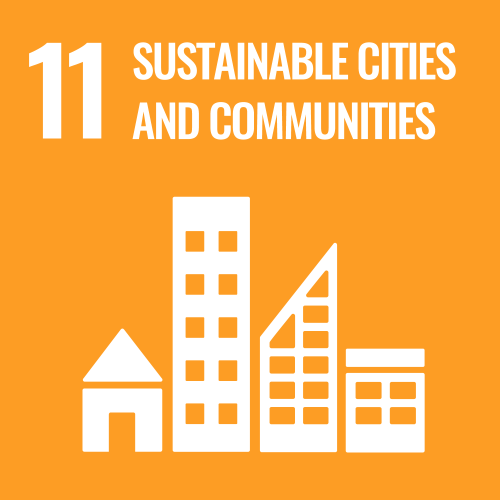
26/01/2022
The European cooperation programme shows not only its results, but also the most significant advances it has made using dynamic and interactive computer graphics
Part of the ongoing strategy to show the results obtained by the programme consists of this digital space that highlights the impact generated by the actions implemented by EL PAcCTO.
This site, accessible from the programme’s website, boasts two major milestones: firstly, it is based on the latest communication trends, given that it combines data analysis with narrative capacity and visual forms to present the results in a clear and innovative manner. It also presents a technical quantum leap given that this is a computer graphic that uses a rapid, streamlined and interactive format that enables free user exploration.
This space, which shall be periodically updated, currently focuses on the achievements of and advances made in 2021, the year that saw EL PAcCTO resume its in-person activities in Latin America and Europe following the restrictions imposed by the pandemic.
Via a series of different categories (activities, occupational dimensions and end result), the site enables users to consult the advances achieved by the programme after having to adapt its aims and activities due to the coronavirus.
In this regard, it is well worth mentioning, among other noteworthy actions, the signing of the Lisbon Declaration,, which institutionalises Latin America’s commitment to set up a permanent forum for dialogue with the European Union on legal matters and the creation of two Prosecutor’s offices specialising in cybercrime in Peru and Ecuador (both results belonging to the justice area of the programme headed up by FIIAPP). Then there is also the development and implementation of an online campaign designed to raise awareness regarding the sexual harassment of children and adolescents of both sexes.
EL PAcCTO has made every effort to embody its primary aim in this new online space, namely to contribute to the improvement of safety, security and justice in Latin America by supporting the fight against transnational organised crime. To achieve this, it is working on three fronts: the strengthening of the institutions of the criminal justice system, the reinforcement of inter-institutional coordination and the promotion of international cooperation and political dialogue by way of new instruments, opportunities and networks.





